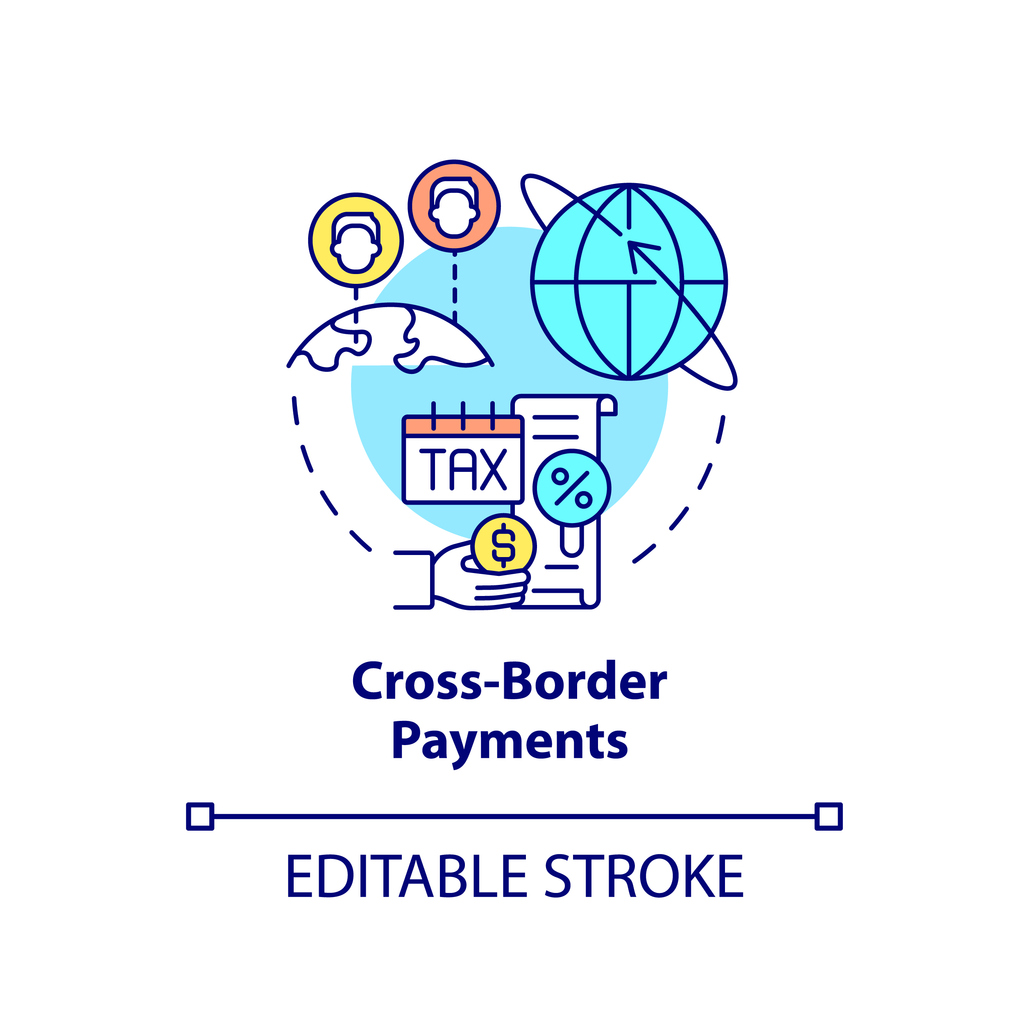The Nigerian Passenger Transport Industry: Regulation and Challenges
The Nigerian Passenger Transport Industry: Regulation and Challenges
The Nigerian passenger transport industry has grown from strength to strength over the years. It is now worth over $2 billion annually and continues to attract private equity investments as well as venture capital. There are various challenges that the industry faces, however, which have held back its potential for further growth and expansion. The fragmented nature of the industry combined with a lack of regulation has created an unfavourable environment for players in the sector. These factors have also led to a general mistrust among suppliers, operators, and the public at large. However, there are several catalysts that can help this fragmented industry leap forward and reach new heights of success.
Introduction to the Nigerian Passenger Transport Industry
The Nigerian passenger transport industry is one of the biggest industries in the country. It currently employs more than one million people, and is worth over $2 billion annually. This figure is expected to rise in the coming years. The Nigerian passenger transport industry has grown from strength to strength over the years. It is now worth over $2 billion annually and continues to attract private equity investments as well as venture capital. The industry is made up of taxis, buses and other commercial vehicles that transport passengers from one location to another. It also includes the likes of airport transfers and other modes of public transportation such as rail and water transport. There are various challenges that the industry faces, however, which have held back its potential for further growth and expansion. The fragmented nature of the industry combined with a lack of regulation has created an unfavourable environment for players in the sector. These factors have also led to a general mistrust among suppliers, operators, and the public at large. However, there are several catalysts that can help this fragmented industry leap forward and reach new heights of success.
Challenges Facing the Nigerian Passenger Transport Industry
The following are some of the challenges facing the Nigerian passenger transport industry. Fragmentation in the Nigerian passenger transport industry has led to a poor customer experience and increased cost-efficiency. The lack of a central database has resulted in unreliable information, which has made it difficult to track down passengers, employees, and drivers. A lack of regulation in the industry has resulted in an unfavourable investment climate. It has also led to a general mistrust between operators and suppliers, which has further contributed to a high rate of fraud in the sector. The high cost of operations in the Nigerian passenger transport industry has also been a challenge. Fees and taxes are high, which has resulted in a high cost of operation. This has negatively impacted the quality of service and the overall passenger experience.
Efforts towards regulation of the Nigerian passenger transport industry
The Nigerian government has been making efforts to regulate the Nigerian passenger transport industry. It has taken various steps in an attempt to create an environment that is favourable for investors, operators, and suppliers alike. The government has also sought to create a favourable climate for a safe and reliable public passenger transport service. Some of the efforts made towards regulation of the Nigerian passenger transport industry include the following. The establishment of the National Passenger Transport Policy The Nigerian government established the National Passenger Transport Policy to lay down a clear regulatory framework for the industry. The policy has sought to create a level playing field for operators in the Nigerian passenger transport industry by laying down guidelines on issues ranging from licensing to infrastructure requirements. The implementation of the National Roadmap for the Nigerian Passenger Transport Industry The National Roadmap for the Nigerian Passenger Transport Industry has sought to create an enabling environment for the industry. It has sought to create a level playing field for all stakeholders in the Nigerian passenger transport industry as well as attracting private equity investments.
Auto manufacturing as an opportunity for growth
The Nigerian passenger transport industry has great growth potential. It is currently valued at over $2 billion annually, and the industry is expected to grow significantly over the coming years. A number of catalysts for growth exist in the sector. These include the rising disposable income in the country, the government’s efforts to reduce traffic congestion in major cities, and the increase in the number of middle-class households. One segment of the Nigerian passenger transport industry that has significant growth potential is the auto manufacturing segment. Auto manufacturing is expected to register very high growth in the coming years. This is due to the fact that the Nigerian passenger transport industry has a high growth potential. Strong government support and a favourable investment climate have also made the auto manufacturing segment attractive.
Conclusion
The Nigerian passenger transport industry is one of the biggest industries in the country. It currently employs more than one million people, and is worth over $2 billion annually. This industry has grown from strength to strength over the years and continues to attract private equity investments as well as venture capital. The industry has, however, faced challenges such as fragmentation, a lack of regulation, and a general mistrust among suppliers, operators, and the public at large. These challenges have held back its potential for further growth and expansion. There are, however, various catalysts that can help leap forward and reach new heights of success. Among these catalysts are the government’s efforts towards regulation of the Nigerian passenger transport industry, auto manufacturing as an opportunity for growth, and the general economy. These three catalysts can help the Nigerian passenger transport industry reach great heights of success.








LEAVE A COMMENT
You must be logged in to post a comment.